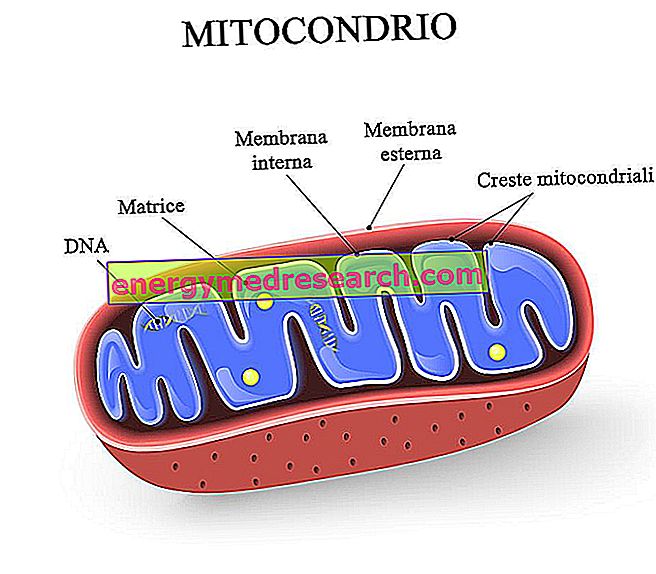Definition Tardive dyskinesia is a movement disorder that occurs characteristically during prolonged treatment with dopamine receptor blocking drugs, such as antipsychotics and compounds with strong sedative action, such as haloperidol, prochlorperazine and metoclopramide. These categories of drugs, in general, are used in patients undergoing psychiatric treatment (especially for schizophrenia)
Category health of the nervous system
Hypnic headache is a form of headache that has the characteristic of appearing during sleep at night (in some cases, it can occur during the afternoon nap); it does not appear, instead, when one is awake. This particular disorder begins after 50 years of age and causes a dull pain , comparable to a "head weight"
Abdominal migraine is a disorder observed predominantly in children , who complain of severe attacks of recurring tummy ache. The mode of presentation of these episodes is similar to that of migraine, but the pain refers to the abdomen. Furthermore, headaches are not among the symptoms of abdominal migraine
Hashimoto 's encephalopathy is a very rare neurological disease, which can occur in the presence of a morbid condition affecting the thyroid , known as Hashimoto's thyroiditis . Hashimoto's thyroiditis is a chronic autoimmune inflammatory disease : in fact, it is an anomaly of the immune system, which produces anti-thyroid antibodies that attack and reduce thyroid function ( hypothyroidism )
Encephalopathies are a group of pathologies that determine a structural and functional alteration of the brain . In other words, they are neurological diseases . Congenital or acquired, an encephalopathy can last a lifetime ( permanent encephalopathy ) or may have a more or less important margin of healing ( temporary encephalopathy )
Encephalopathies are part of a particular group of pathologies, characterized by a structural and functional alteration of the brain . The various types of encephalopathy differ from each other due to the triggering causes - to which they usually owe their names - for the symptoms, for the complications, for the treatment and for the prognosis
Encephalopathies represent a group of particular pathologies, which are distinguished by a structural and functional alteration of the brain. The various types of encephalopathy differ from each other due to the triggering causes - to which they usually owe their names - for the symptoms, for the complications, for the treatment and for the prognosis
A type of encephalopathy that is usually temporary - that is reversible if treated in time and in the right way - is the so-called hypertensive encephalopathy . This particular neurological disease is defined with the hypertensive adjective, as it is due to a serious morbid condition - known as malignant hypertension - which determines a very marked and sudden increase in arterial pressure
Encephalopathies are a group of diseases characterized by a structural and functional alteration of the brain. Congenital or acquired, an encephalopathy can last a lifetime ( permanent encephalopathy ) or may have a more or less important margin of healing ( temporary encephalopathy ). The various types of encephalopathy differ from each other due to the triggering causes - to which they usually owe their names - for the symptoms, for the complications, for the treatment and for the prognosis
Encephalopathies represent a group of pathologies, which are distinguished by a structural and functional alteration of the brain. The various types of encephalopathy differ from each other due to the triggering causes - to which they usually owe their names - for the symptoms, for the complications, for the treatment and for the prognosis
Encephalopathies are part of a particular group of pathologies, characterized by a structural and functional alteration of the brain . The various types of encephalopathy differ from each other due to the triggering causes - to which they usually owe their names - for the symptoms, for the complications, for the treatment and for the prognosis











